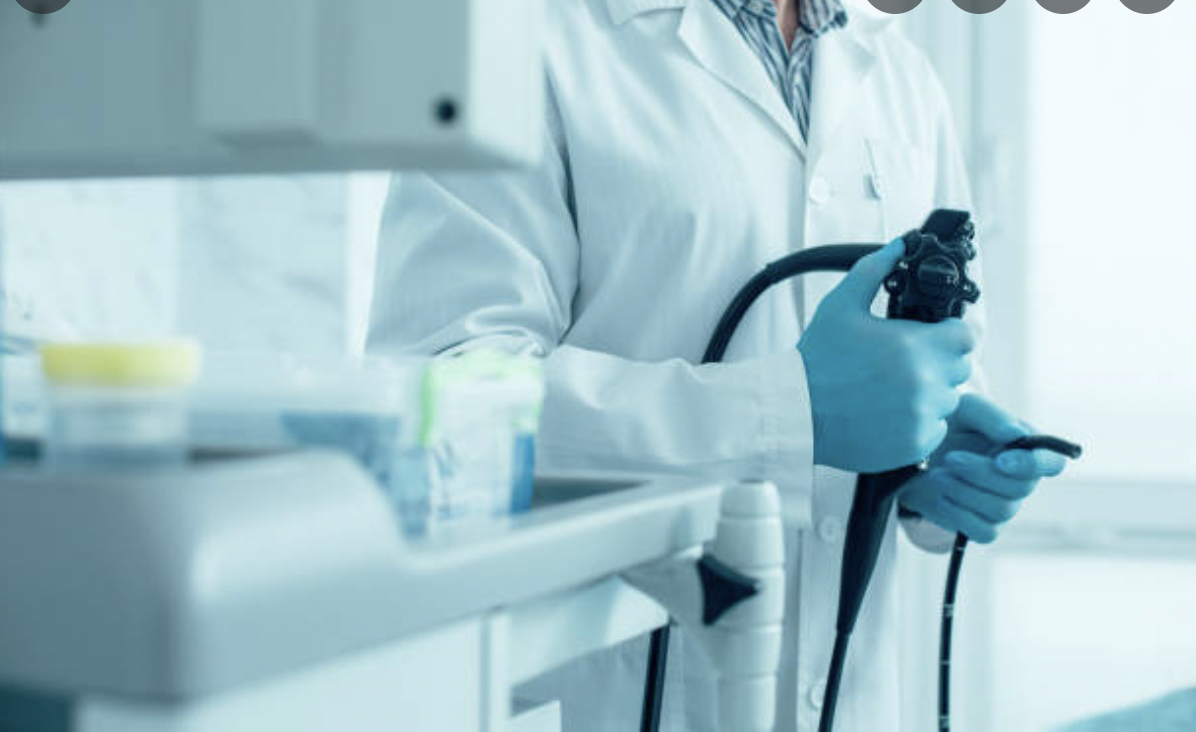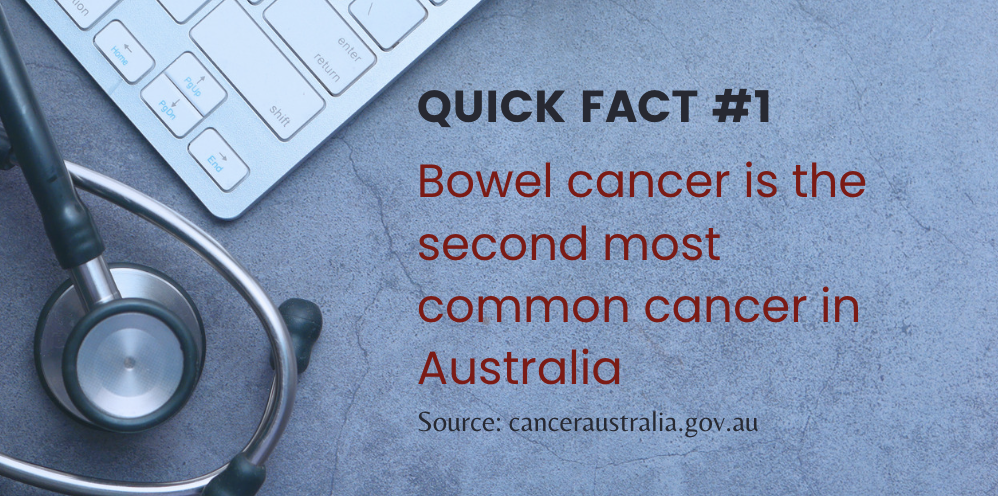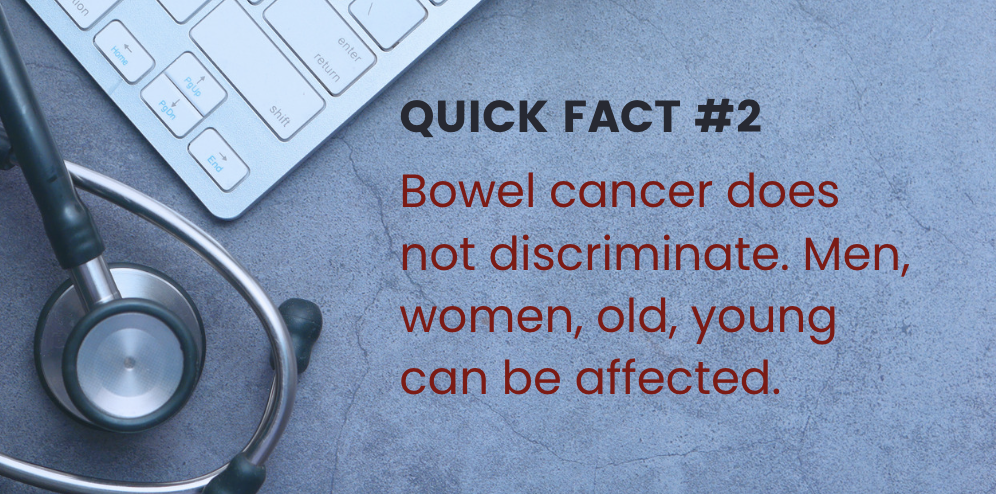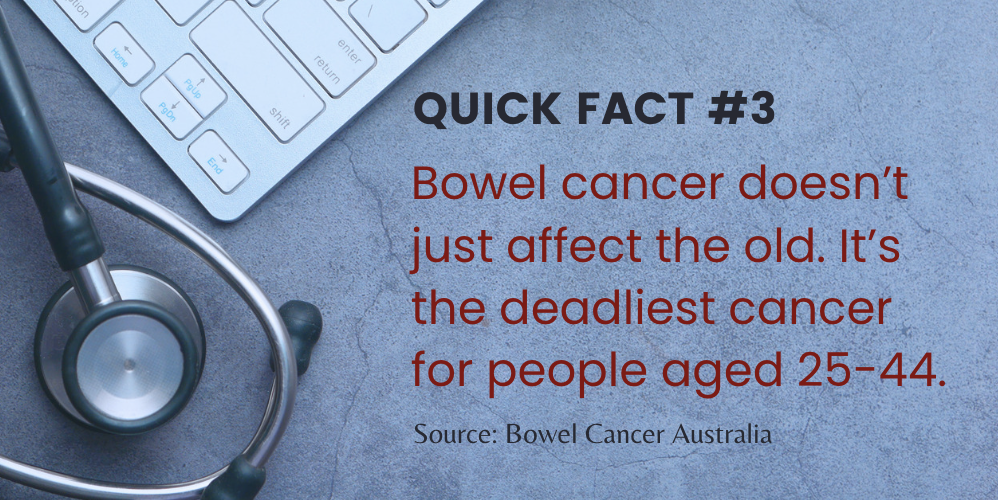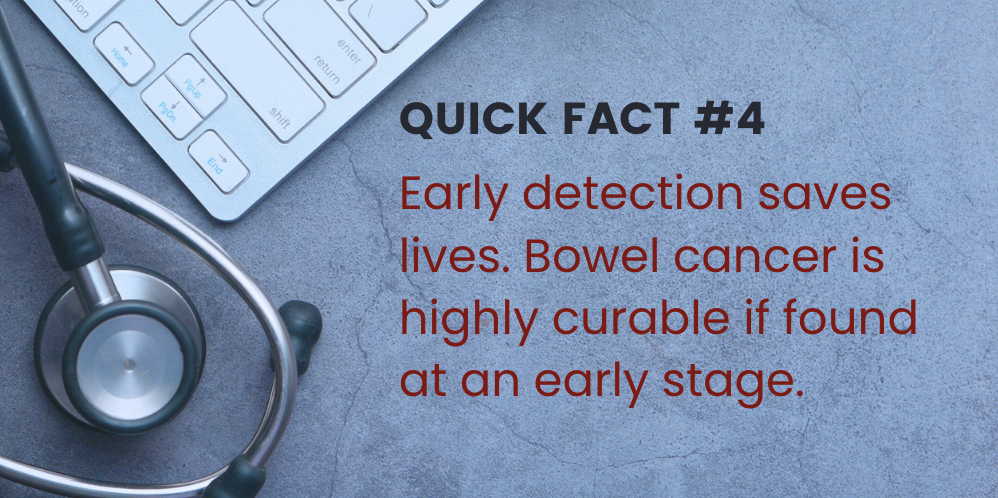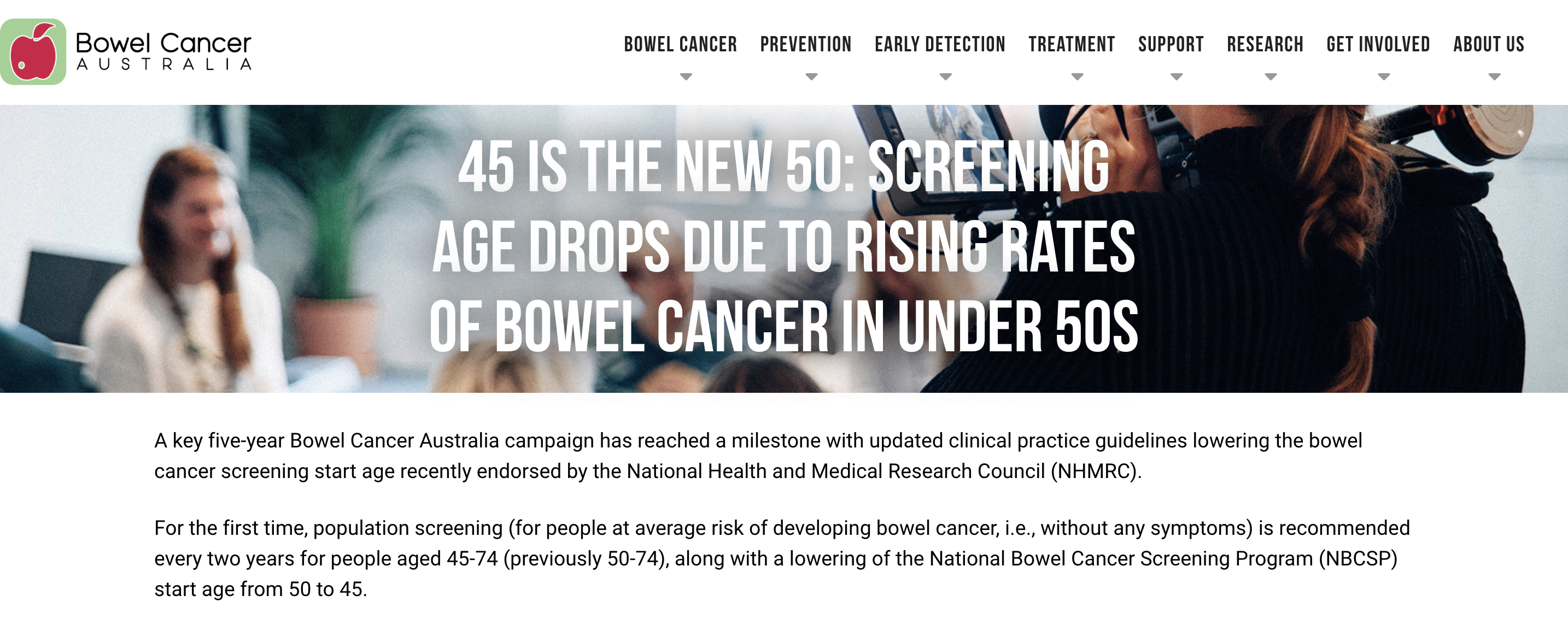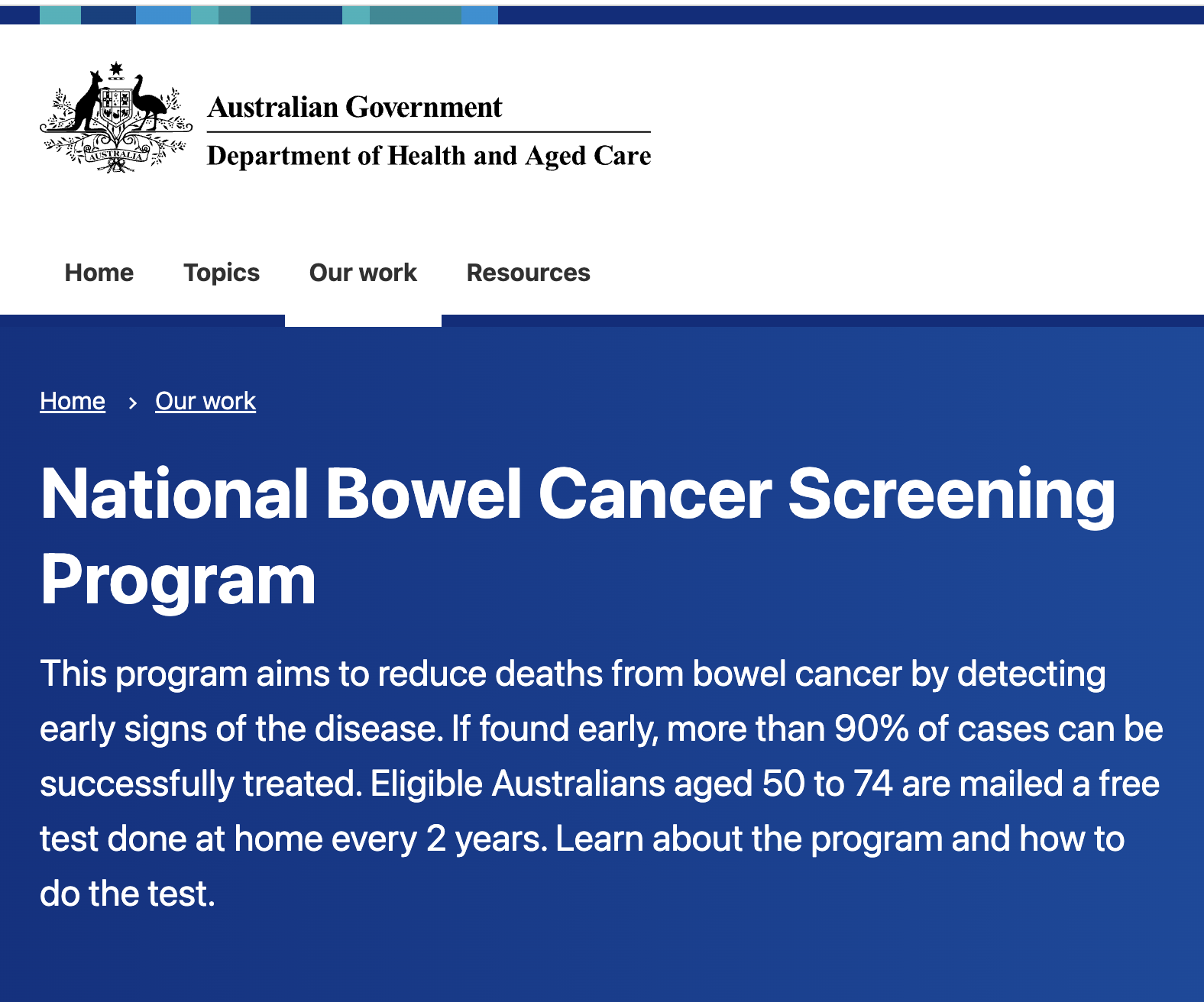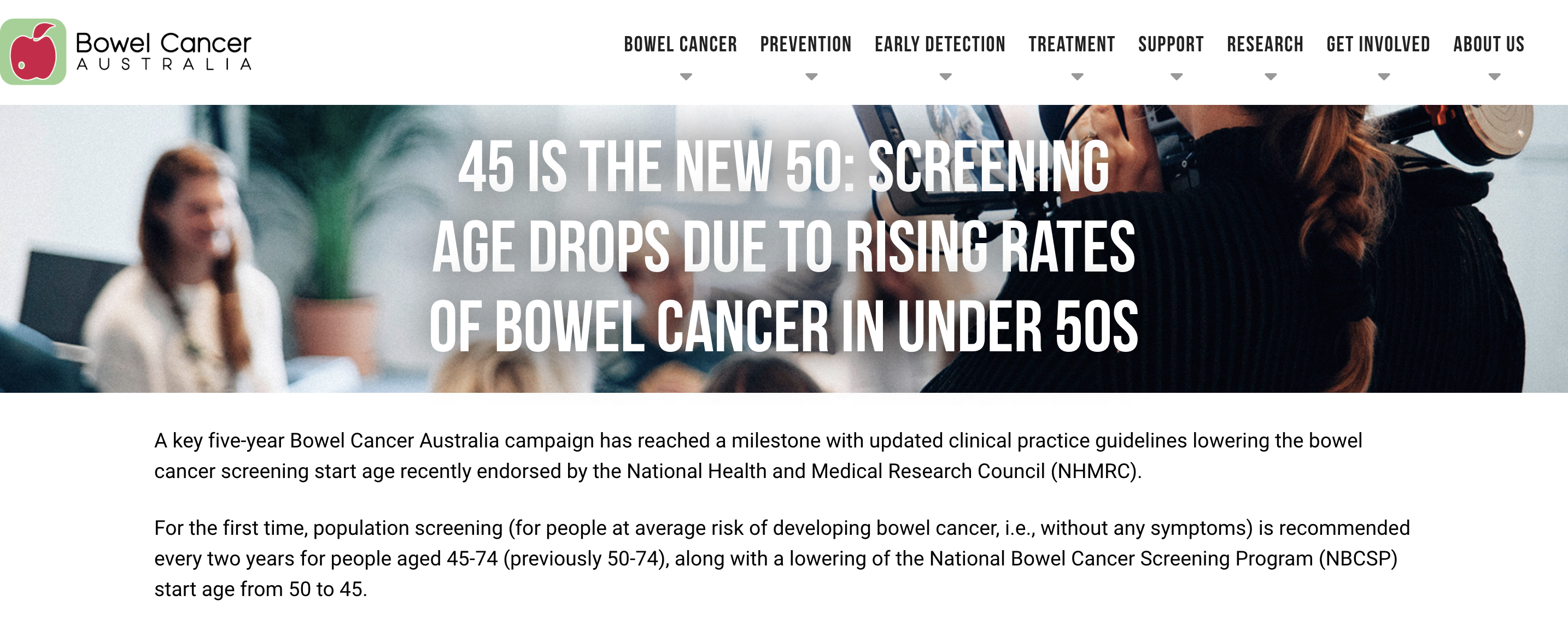MEET YOUR DOCTOr

About Dr Keegan
Dr Mathew Keegan is a Gastroenterologist, Hepatologist, Advanced Interventional Endoscopist and Pancreaticobiliary Specialist who lives on the Northern Beaches in Sydney with his family.
Dr Keegan is highly skilled in advanced diagnostic and screening gastroscopy and colonoscopy; advanced therapeutic endoscopic procedures; as well as biliary and small bowel care/procedures. He supports screening programs for bowel or colorectal cancer and is an advocate of patients having access to minimally invasive advanced techniques that have little to no disruption to normal life.
He is committed to providing compassionate, thorough, holistic, evidence-based and high-quality care to all of his patients, and offers consultations in Mona Vale, Dee Why, Frenchs Forest and Wahroonga.
Get to know Dr Keegan, click below.
Dr Keegan supports screening programs for bowel cancer and he is an advocate of patients having access to minimally invasive advanced techniques that have little to no disruption to normal life.

Do I need BOWEL CANCER SCREENING?
*See ‘Never2Young’ initiative by Bowel Cancer Australia.
Don’t delay getting symptoms checked. You’re never too young for bowel cancer*. Why get screened? If found early, more than 90% of cases can be successfully treated.
Bowel cancer is the second most common cancer in Australia, and it is the deadliest cancer for people aged 25-44. If you are concerned about your risk factors, please talk to your GP.
What if I don’t have symptoms?
Unfortunately, polyps and cancers are often not associated with symptoms. This is why understanding your own personal risk factors is very important. Click the button below to find out more.
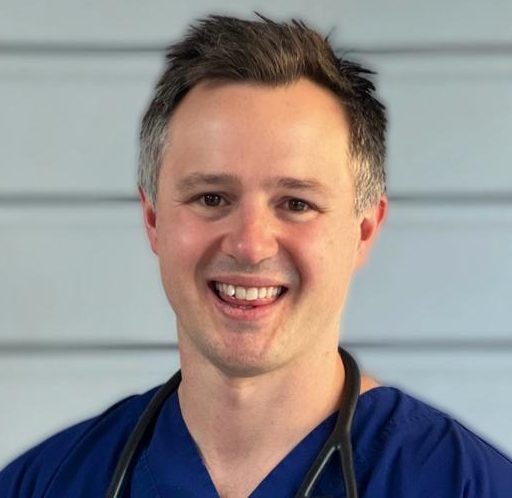
Dr Mat Keegan
Sydney
Bowel cancer screening
If detected early, bowel cancer can be successfully treated in more than 90% of cases. Having an earlier diagnosis also means there could be more options for minimally invasive treatments.
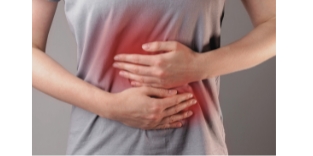
Minimally invasive procedures
Advanced interventional endoscopy allows the endoscopist to remove many lesions (pre-cancerous growth) from the inside, without the need for external incisions. Prior to the use of these advanced techniques, treatment of many early cancers in the gut or pre-cancerous change required surgery. Today, these procedures can often be done as an outpatient.
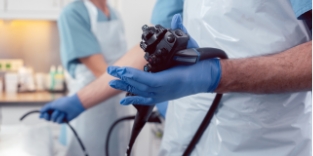
Swallowing difficulties
Difficulty swallowing or dysphagia could be a symptom of many different medical conditions. Minor issues could prevent the oesophagus or throat from working properly. But it could also be a symptom of something more serious such as oesophageal cancer. If you are experiencing this, talk to your GP.

Blood in the stool
Bowel cancer is usually a slow-growing cancer. There are often no symptoms in the early stages of the disease. One of the most common symptoms of bowel cancer include blood in the stool. However, many other conditions can cause this symptom, not just bowel cancer. To be sure it’s nothing serious, talk to your GP. Bleeding from the rectum should never be ignored. (Source: Cancer Australia)

THE NUMBER OF AUSTRALIANS GETTING DIAGNOSED WITH BOWEL CANCER AT A YOUNGER AGE IS INCREASING.
Please visit these websites for more information and resources.
Dr Keegan’s accreditations


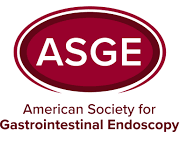

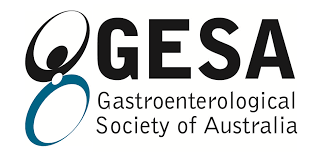

Don’t delay getting symptoms checked. You’re never too young for bowel cancer. So, why get screened? If found early, more than 90% of cases can be successfully treated.
TAKING CONTROL OF YOUR HEALTH
The ‘Lifestyle’ Variable:
There IS something YOU can do
Endoscopic screening and adherence to a healthy lifestyle are major avenues for bowel cancer / colorectal cancer prevention.
01.
Healthy eating habits
When it comes to colon cancer, one of the best things you can do to reduce your risk is to pay closer attention to your diet. While there is no guaranteed way to completely prevent colon cancer, there are certain dietary strategies that can help reduce your risk.
While dietary advice will differ from person to person, basic good practice includes avoiding processed foods; eating plenty of fibre from whole grains, pulses, veg and fruit; and avoiding excess calories.
02.
Regular exercise
Physical inactivity is responsible for 12% of colon cancers. (Source: Cancer Council). The Cancer Institute recommends one hour of moderate activity or 30 minutes of vigorous activity every day to help reduce your cancer risk and live a healthier life. Regardless of how old you are, the more you move, the better. Moderate activity noticeably raises your heart rate. Vigorous exercise makes your heart beat even faster and puff or breath rapidly.
03.
Good sleep habits
According to Johns Hopkins Medicine: disruptions in the body’s “biological clock,” which controls sleep and thousands of other functions, may raise the odds of cancers of the breast, colon, ovaries and prostate.
04.
Maintaining a healthy body mass index (BMI)
Did you know that being overweight significantly increases your risk of 13 different types of cancer? These include breast (post-menopause), bowel, kidney, liver, endometrial, ovarian, stomach, thyroid, oesophagus, gallbladder, pancreas, multiple myeloma and prostate (advanced) cancers.
Evidence now shows that being overweight or obese is the cause for nearly 5,300 cancer cases in Australia each year. (Source: Cancer Council)
05.
Not smoking and limiting alcohol intake
Bowel cancer risk increases significantly when two or more alcoholic drinks are consumed per day. In 2017–18, 16.1% of people aged 18 and over consumed (on average) more than 2 standard drinks per day, exceeding the lifetime risk guideline. This is down from 20.9% in 2007–08. (AIHW 2020).
Smoking 40 cigarettes (two packs) per day increases the risk of bowel cancer by around 40% and nearly doubles the risk of bowel cancer death.
06.
Choose to be proactive in your healthcare.
If detected early, bowel cancer can be successfully treated in more than 90% of cases. Earlier diagnosis also means treatment can be less invasive. Bowel cancer currently kills more people in NSW than prostate cancer, breast cancer or melanoma. (Source: Cancer Institute) If you have symptoms, talk to your GP. If you don’t have symptoms, take a look at the information on the National Bowel Cancer Screening Program website.
Arm yourself with knowledge. Learn more about why screening saves lives.
Focus on what you can control to minimise your risk factors.
What does the US Centre for Disease Control (CDC) say?
WHAT DOES BOWEL CANCER AUSTRALIA SAY?
Lifestyle factors may contribute to an increased risk of colorectal cancer.
Up to 32% of bowel cancer cases may be prevented by endoscopic screening alone and, when combined with the 5 healthy lifestyle factors* increased to 61%.
I would like a screening. What do I do?
Step 1
Get in touch with your GP to get a referral.
- If you’re an Open Access patient, you may also fill out the form online.
Step 2
Your GP may send the referral directly to Dr Keegan or you may email your GP’s referral below.
- If you’re an Open Access patient, you may also fill out the online form.
Step 3
Once the GP referral is received and accepted, we’ll book your procedure with Dr Keegan.
- If you’re an Open Access patient, you will be contacted to assess your eligibility for the procedure.

What can you do to reduce your risk of bowel cancer?
Endoscopic screening and maintaining a healthy lifestyle are two major approaches to bowel cancer prevention. Dr Keegan is a huge proponent of bowel cancer screening to facilitate early detection for high-risk patients, and he is also an advocate of helping his patients make healthy lifestyle choices that can reduce cancer risk.
Dr Keegan has a holistic, evidence-based and thorough approach to the care of his patients. Research shows that some risk factors — such as lifestyle or environmental risk factors — are modifiable. Dr Keegan wants to help his patients reduce their risk factors and achieve optimal health.
